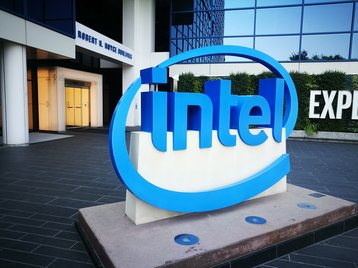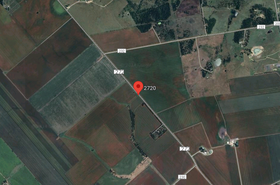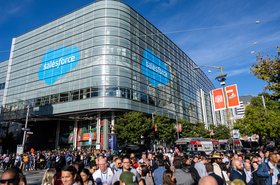Intel has announced it plans to lay off 311 employees across two of its Californian campuses, the second round of job cuts carried out by the company in the state this year.
According to two separate "worker adjustment and retraining notifications" (WARNs) filed with the State of California’s Employment Development Department on November 3, Intel is eliminating 76 roles from its Santa Clara headquarters and a further 235 roles from its R&D campus in Folsom.
Intel’s Folsom site is a research and development facility, focused on the development of computer chips and chipsets, including desktop, mobile, and server processor products. The company is reportedly Folsom’s largest private-sector employer and one of the largest private employers in the Sacramento region.
The layoffs are set to come into force on December 31 and bring the total number of job cuts in the state this year to more than 1,700.
“Intel is working to accelerate its strategy while reducing costs through multiple initiatives, including some business and function-specific workforce reductions in areas across the company,” an Intel spokesperson said in a statement to CRN.
“These are difficult decisions, and we are committed to treating impacted employees with dignity and respect,” they added.
In October 2022, CEO Pat Gelsinger told employees that job cuts were on the horizon as the company sought to improve its profitability amid a rapid decline in PC processor sales.
“These are always hard decisions, but our costs are too high and our margins are too low. We have to take actions to address them,” Gelsinger said in a video address to staff at the time.
Following that announcement, Intel suffered its largest ever loss in the first quarter of 2023, with revenues falling 38.4 percent at the company’s Data Center & AI group, to $3.72 billion. Intel’s Network and Edge Group also reported a decline in the quarter, posting a 30 percent decline in revenue.
Last week, Intel launched its 5th-generation Xeon Scalable processors and teased its Gaudi3 AI accelerator, which is set to directly compete with Nvidia’s H100 and AMD’s recently announced MI300X GPUs.







